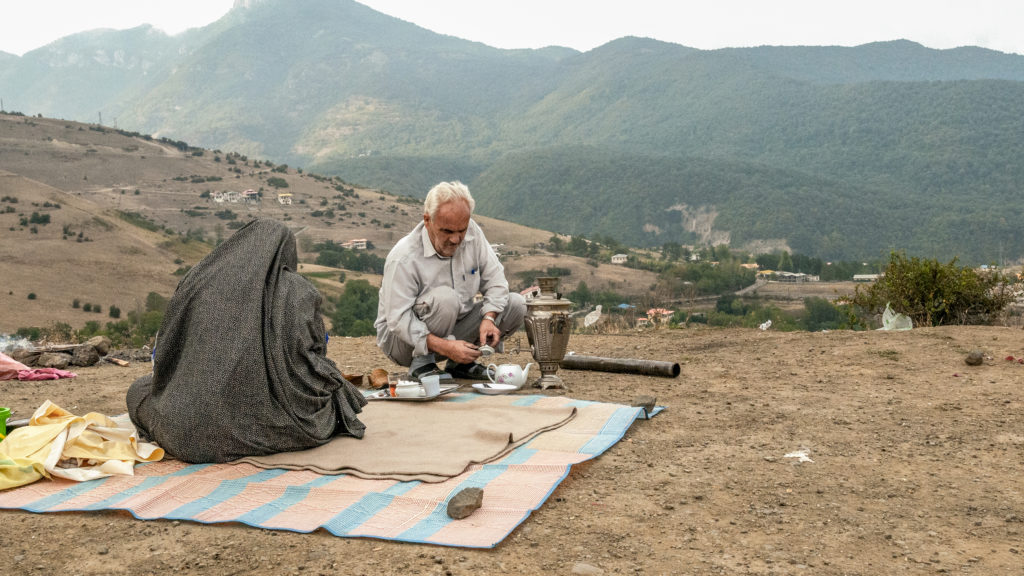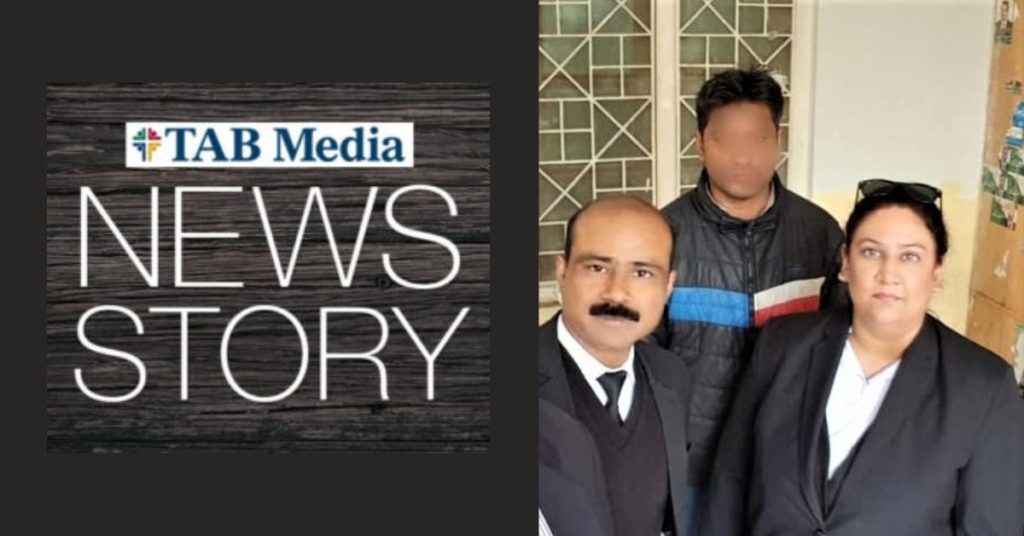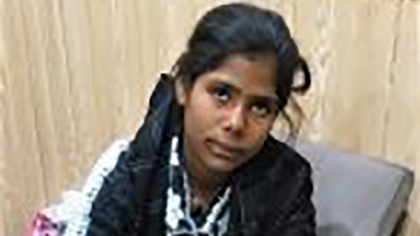In remote areas of Central Asia, access to clean water is a matter of life and death, especially for children. One humanitarian project supported by Southern Baptists in that region is making steady progress against the deadly scourge of impure water.
Worldwide, an estimated 4,500 children die each day — about one every 20 seconds — from illnesses related to impure water, primarily diarrhea, diphtheria, hepatitis and cholera, according to the United Nations.
Those who survive suffer from poor health and missed opportunities for education.
In the 2012 portion of an ongoing project, as many as 15,000 people will be protected from water-borne diseases in a Baptist-sponsored demonstration of God’s love as 30 new water wells are installed and several broken pumps are repaired on existing wells.
“Only about 12 percent of the people in this area have access to a clean water source,” said Francis Horton, who with his wife, Angie, directs work in Central and South Asia for Baptist Global Response (BGR), an international relief and development organization.
“If a family can’t afford a deep well, they are dependent on community wells or water systems, which may not work or may be salty. Water is one of the basic needs for life, and the majority of people in this country do not have access to clean water.”
The humanitarian group partnering with BGR in that area of Central Asia has good experience in these communities and is working with the local government and other humanitarian organizations that have drilled wells
in the area, Horton said.
Communities receiving wells contribute by hosting the drilling crews and preparing the well site.
Each community also takes responsibility for the ongoing maintenance and repair of the well and pump.
While the cost of installing or repairing the wells comes to about $10 per person, the long-term benefits of the resulting relationships cannot be calculated, Horton
said.
“In one community where a new well began providing clean water, community development workers were able to start an animal husbandry project. In another community, the well project
was followed with a latrine project,” Horton noted.
“Workers have been able to drink many cups of tea and share meals in the homes of community leaders. We were able to help with a medical need, a young boy who had
eye problems. Relationships of trust are being built and through these relationships, transformation of communities can come.
“Well drilling is messy work, and as our partners labor alongside their crew members, community residents have an opportunity to see their character and understand this well is a demonstration of Christ’s love for them,” Horton added.
“We do this because God is, in the words of the prophet Jeremiah, ‘the fountain of living water’ and we want people to experience the river of living water Jesus offers to everyone.”
Community residents respond to the demonstration of Jesus’ love with praise that God had answered their prayers for clean water and affirmations the Lord had been gracious in sending the drilling teams, Horton said.
“We are able to present life-saving gifts like this to these communities because Southern Baptists are a people who care about people in need,” Horton said.
“When these families celebrate the pure water pouring from a new pump, Southern Baptists can celebrate, too, because their gifts will make a life-changing difference for generations.”
(BP)






Share with others: